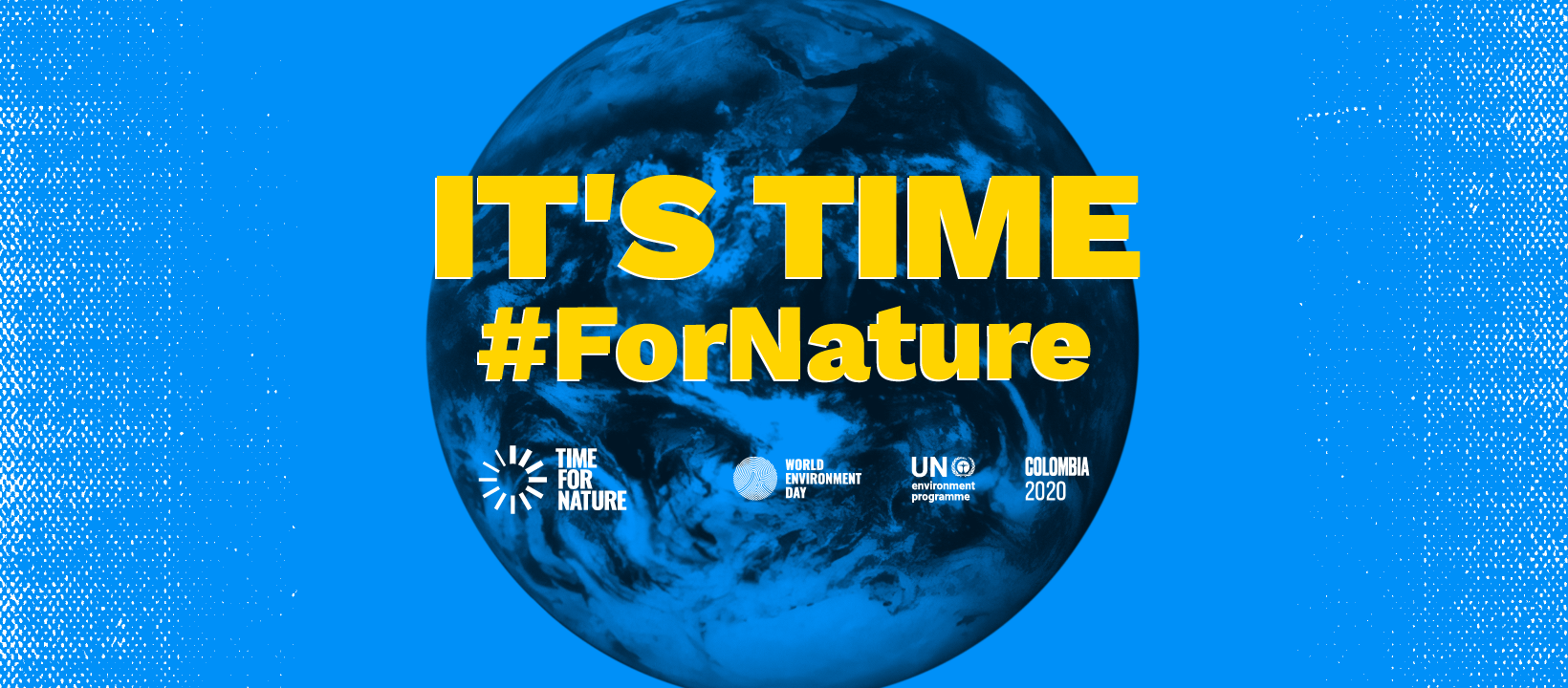Three Facets of Public Health and Paths to Improvements: Behavior, Culture, and Environment, 2020, Pages 261-294
Polymer Science and Innovative Applications, Materials, Techniques, and Future Developments, 2020, Pages 525-543
World Environment Day is the most renowned day for environmental action. Since 1974, it has been celebrated every year on June 5th, engaging governments, businesses, celebrities and citizens to focus their efforts on a pressing environmental issue. In 2020, the theme is biodiversity, a concern that is both urgent and existential. Recent events, from bushfires in Brazil, the United States and Australia, to locust infestations across East Africa – and now, a global disease pandemic – demonstrate the interdependence of humans and the webs of life in which they exist.

